6. Shock Corridor (1963), directed by Samuel Fuller
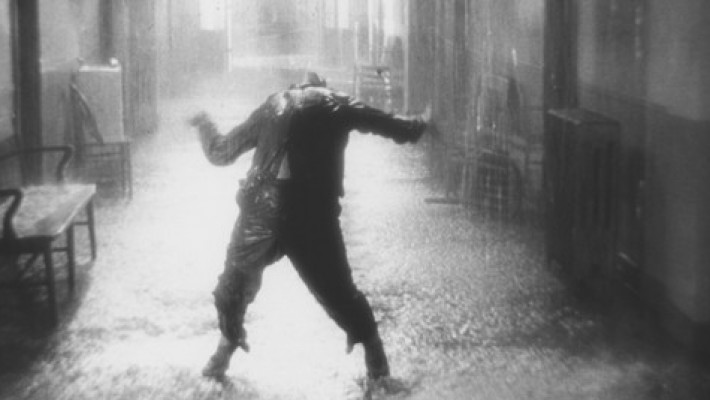
How far would someone go to write a great story? Originally titled “Straightjacket”, as Fuller wrote it for Fritz Lang in the 40s, “Shock Corridor” follows the story of a journalist obsessed with winning the Pulitzer Prize and, in pursuit of that award, commits himself to a mental hospital to figure out an unsolved murder that happened there.
Convincing a psychiatrist to help him appear mentally insane, journalist Johnny Barrett ends up being locked up in this institution, constantly left in shock by the behaviour of the people there. During the film, he talks to the three witnesses of the murder and starts to notice how complex are things in that place.
Although it’s not as visually complex as it could be, “Shock Corridor” is a great story about how far someone could go to find a story – or to solve a mystery – and it has great moments that show how dangerous being an investigative journalist can be.
7. The Passenger (1975), directed by Michelangelo Antonioni
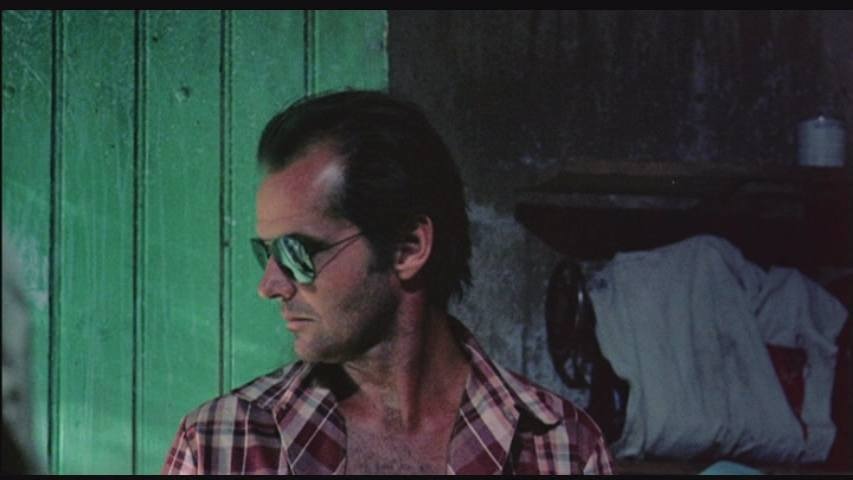
Starring Jack Nicholson as a journalist filming a documentary in Africa, “The Passenger” (“Professione: reporter”) is often quoted among the best films in Michelangelo Antonioni’s acclaimed career.
Television journalist David Locke (Nicholson) is frustrated that he’s unable to accomplish his film because he cannot find rebels in post-colonial Africa to interview. One day, when he gets back to his hotel, he finds that Robertson, a man with whom he has become friends, had died that evening. Tired of his life, Locke decides to switch identities with Robertson without knowing he is a gunrunner who has a connection with the rebels.
The movie shows how even an acclaimed reporter such as Locke cannot deal with or talk about all the frustrations in his life, despite being a great communicator. The scene where his car gets stuck in the sand is the scene where we see all of his anger come out.
Incommunicability is a main theme in Antonioni’s filmography, and “The Passenger” is no exception. With great writing and a magnificently-filmed ending, this movie should be watched by every cinema fan.
8. All the President’s Men (1976), directed by Alan J. Pakula
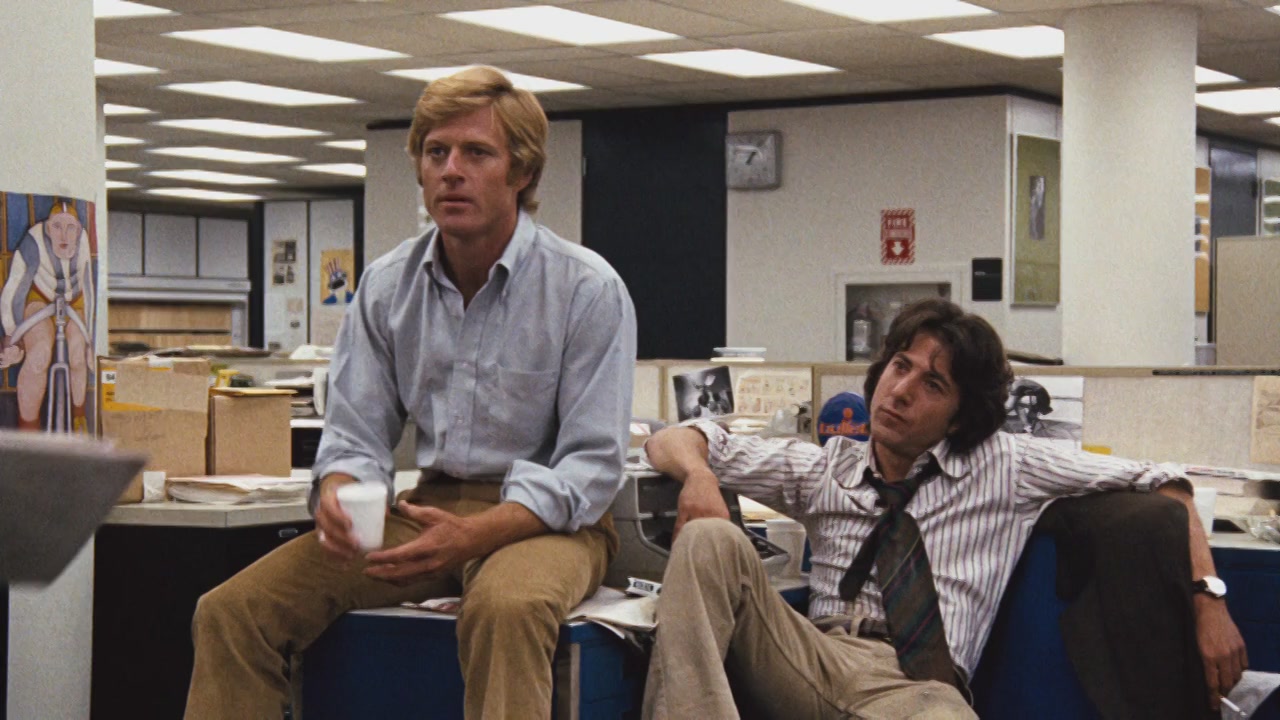
A mandatory film in any list about journalism, “All the President’s Men” follows the story of journalists Carl Bernstein (Dustin Hoffman) and Bob Woodward (Robert Redford) of the Washington Post, who are investigating Watergate, one of the biggest scandals in the history of American politics. It ended up with President Richard Nixon being the only president in American history to resign.
With amazing direction by Alan J. Pakula and cinematography by Gordon Willis, it’s fascinating how this film is as interesting visually as it is in its screenplay (written by William Goldman and winning the Oscar for Best Adapted Screenplay in 1977). The attention to detail, sound, and production design is masterful.
“All the President’s Men” is an indispensable story for journalists that shows how two determined men changed the course of American history. Also, it is worth checking out two other films with the same theme: “Nixon” (1995), directed by Oliver Stone; and “Frost/Nixon” (2008), directed by Ron Howard.
9. Twenty Years Later (1984), directed by Eduardo Coutinho

Often – and deservedly – considered the best documentary in the history of Brazilian cinema, a country quite famous for this form of filmmaking, “Twenty Years Later” (“Cabra Marcado para Morrer”) follows the acclaimed and brilliant documentarist Eduardo Coutinho as he returns to a place where he tried to make a movie several years before.
The year was 1964, the same year the military coup took power from President João Goulart and started a dictatorship that lasted until 1985. “Twenty Years Later” shows us the story of João Pedro Teixeira, a leader in the praedial zone of Paraíba, a state located in the northeast region of Brazil, who was murdered in 1962. During the production of the film, the same crew that started the production goes back to the place where the military apprehended their possessions and closed the production years before.
Focusing on the history of the peasant leagues and the story of Elizabeth Altino Teixeira, who was married to João Pedro, “Twenty Years Later” is basically what journalism (and film) should be. For almost 20 years, this crew did not give up on the story they were trying to tell. The format changed, technology changed, the government changed, but still, Coutinho and his team believed so much in the necessity of this story being told that they came back and finished one of the greatest documentaries ever made.
10. Network (1976), directed by Sidney Lumet
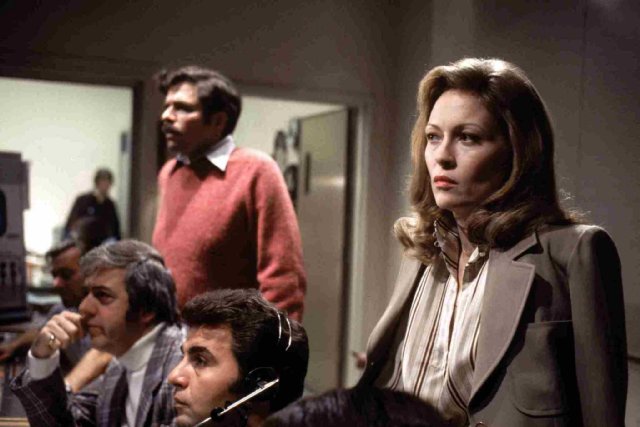
Starring Faye Dunaway, Peter Finch, William Holden and Robert Duvall, “Network” explores the power of media when a television network uses an anchor’s rants and raves to their advantage, when he notices he is being fired so the network can get a bigger audience.
Howard Beale, a veteran anchor for a television network, loses it on the air and announces he is committing suicide on a future broadcast. As he’s fired, he promises to apologize but has another outburst on the air. Noticing the ratings are now higher, the network decides to exploit Beale’s behavior for the sake of having a larger audience.
“Network” might be the ultimate media movie. With all the relationships between the characters, and the network with companies and the government, “Network” explores such complex themes masterfully. The ‘God’ speech scene is one of the most impressive in cinematic history, and thus, this film is must-see for any movie fan. “You have meddled with the primal forces of nature, Mr. Beale.”
Honorable Mention: Citizen Kane (1941), directed by Orson Welles
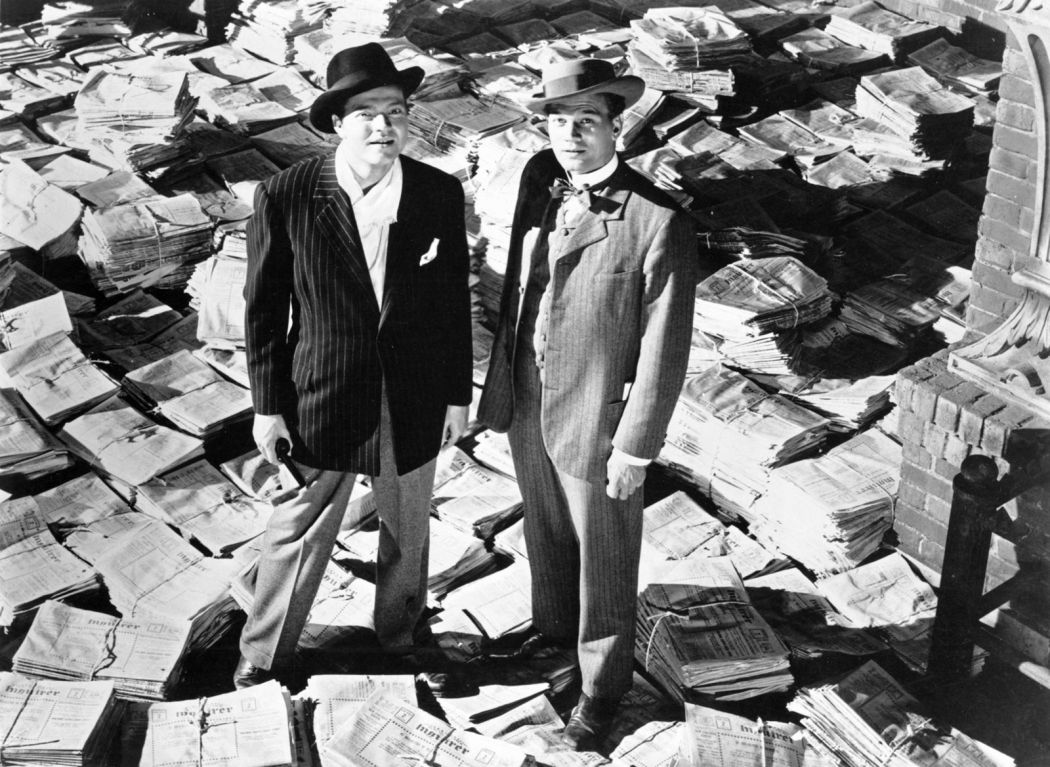
It is not rare to see this film at the top of every movie list possible. Considered by many as greatest film ever made, “Citizen Kane” follows the story of a group of reporters as they try to figure out what the last word spoken by newspaper tycoon Charles Foster Kane actually meant.
Every aspect of this film is pure brilliancy. The writing, production design, acting, and above all, the concept of telling Kane’s story from multiple points of view is something that makes this story so powerful. It’s one of the main reasons this film is so acclaimed and why this mediatic approach is so important, especially when telling the story of such a huge figure in the news.
“Citizen Kane” is an indispensable film for understanding media, journalism, and the power of a great story, and should be seen by everybody at least once.
Other films recommended for journalists:
– The Red Light Bandit (1968), directed by Rogério Sganzerla
– Man of Marble (1977), directed by Andrzej Wajda
– Spotlight (2015), directed by Thomas McCarthy
– The Asphalt Kiss (1981), directed by Bruno Barreto
– Good Night, and Good Luck (2005), directed by George Clooney
Author bio: Vítor Guima is a filmmaker, writer and musician from São Paulo, Brazil. Every day he watches a movie, reads a few pages from a book, listens to an album and freaks out with the feeling of not having enough time to see everything. You can follow him on Instagram on @ovitorguima.